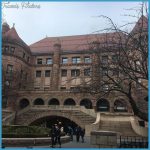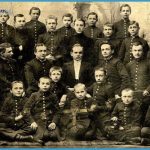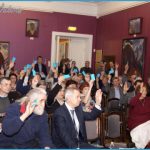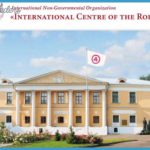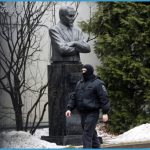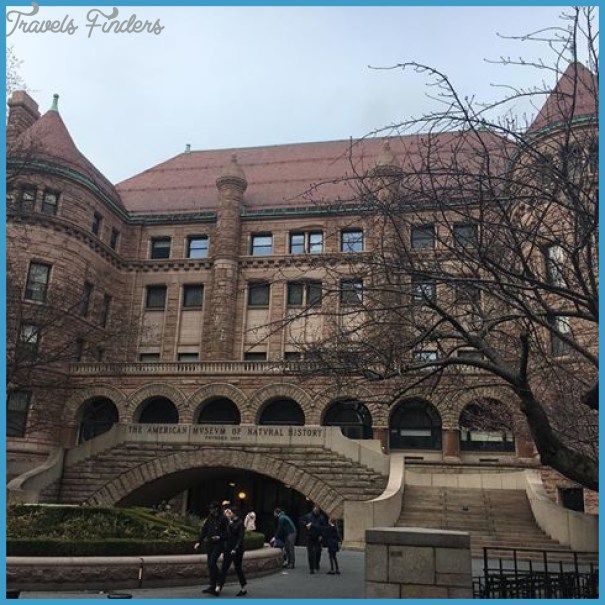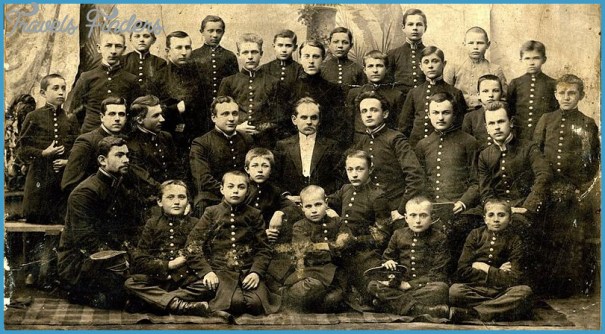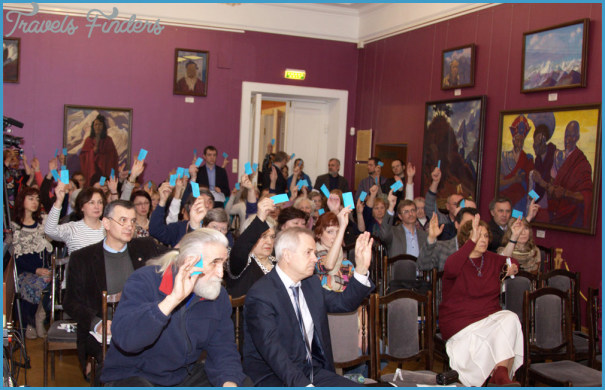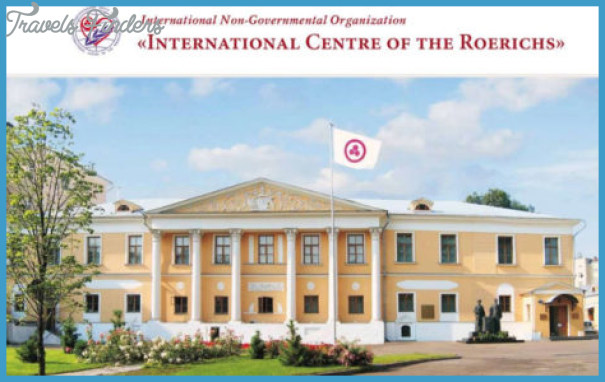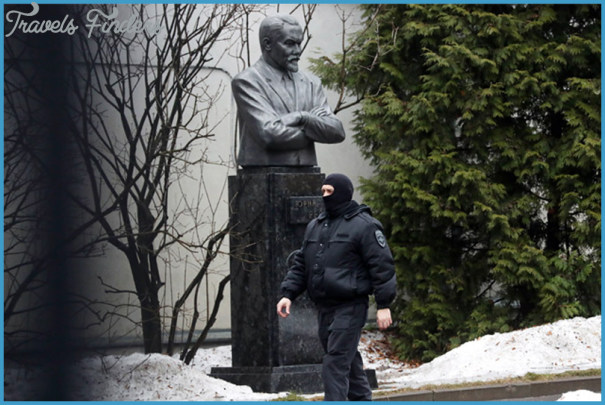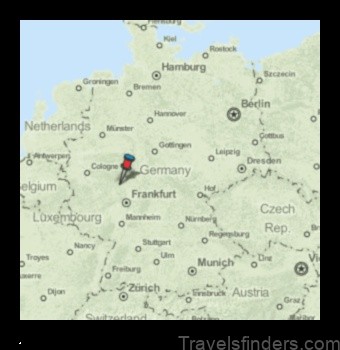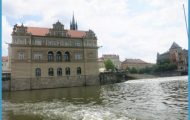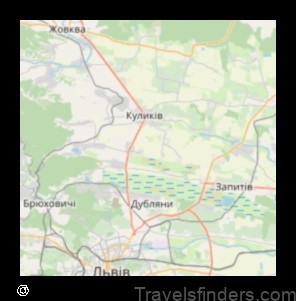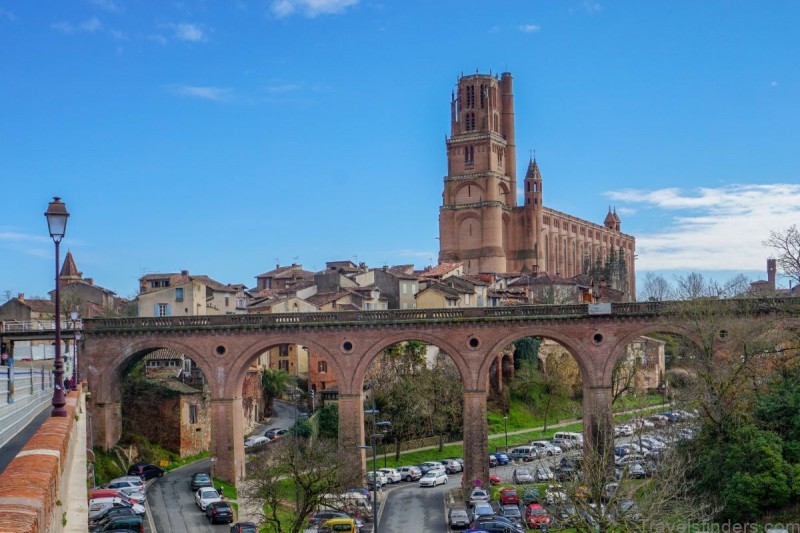STETSENKO MUSEUM
Choral music is the least likely of genres to carry a composer’s reputation beyond his own country’s boundaries, so it is not surprising that Kyrylo Hryhorovych Stetsenko is little known outside Ukraine. Born in 1882, he studied in Kiev and later returned there as professor of choral music at the conservatory; in his last years he was a village priest. Conductor of the first Ukrainian choir in the Soviet Union, he made many folksong arrangements for chorus and composed substantial liturgical pieces for the Ukrainian church; he also wrote songs and dramatic works, one of them on the story of Iphigenia in Tauris (a local tale: Tauris is in Ukraine).
STETSENKO MUSEUM Photo Gallery
He is commemorated both in his native village, Kvitky, and in Vepryk, where he died. Kvitky lies some 150 km southeast of Kiev, not far from Korsun’-Shevchenko, just off the A265 road to Kirovohrad. The Kvitky museum is in the former school, which Stetsenko attended in 1889-92 – the building was in fact partly demolished but was reconstructed in time for the opening of the museum in the centenary year, 1982. There are four rooms, the first of them designed to set the atmosphere of the period of Stetsenko’s birth, with 19th-century furniture (not, alas, that of the Stetsenko family) and a portrait of the composer’s father drawn by the composer when he was a boy of ten. The next two rooms are concerned with his life during his periods outside Kiev: one has photographs, playbills, letters and music manuscripts (including a piece dedicated to the Ukrainian national poet Shevchenko) from his years in Belaya Tserkova, the other covers his time in Tyvriv, in the years leading up to the Revolution, where he taught at the seminary. The final room, the largest, displays many photographs and gifts that he received on his birthdays. A plaque was affixed to the house in 1957 but removed when the house was part-demolished; but a bust by H. Kal’chenko has stood outside since 1970.
There are memorials by Kal’chenko to Stetsenko in Vepryk too, one by the door of his house and one on his grave, also dating from 1970.

